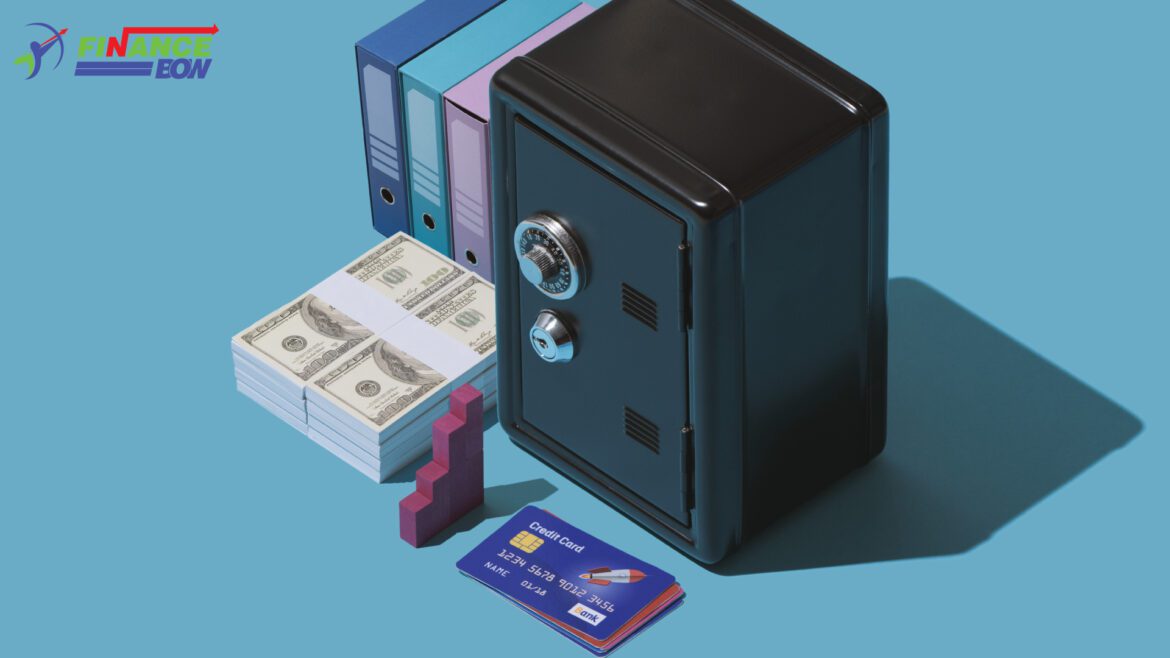Do you ever experience as though despite trying hard you, finding strategies to save money is impossible? You intend well and make an effort to save money, but something inevitably comes up. Life intervenes—the car requires new tyres, the adolescent requires braces, and the house requires a new roof—and suddenly, saving money gets a back seat. Does this sound familiar?
The reality is that you do not need things to fall into place perfectly before you begin saving money. Pro tip: If you seek the “right time,” it will never arrive. The optimal moment to begin saving is now.
The good news is that there are numerous simple strategies to save money and spark new life (and money) into your budget. Here are some money-saving strategies to assist you in fine-tuning your expenditure and putting you on the fast track to savings in no time.
PRIORITIZE SAVINGS IN FINANCIAL HARD TIMES
Begin small. Simply save anything save it weekly, even if it is only $10. Develop the practice of saving a portion of your salary periodically (and this is critical) into a savings account. And while you’re at, examine your spending habits. Are there any expenditures that you can eliminate, such as your $10 box-of-the-month affiliation? Can you bargain with some of your billers, such as gym membership? Do not misjudge your abilities to plug certain small but significant spending leaks.
RECOMMENDED SALARY ALLOCATION FOR SAVING
Make the finest effort possible. Saving 10% of your monthly earnings or compensation if possible, is fantastic. If you are able to save more, you are a superstar. Preferably, you should have between six and ten months’ worth of living costs preserved in a bank account. If it seems impossible, create small milestones to save in a bank account. I frequently observe that when we achieve a goal or milestone, we are motivated to keep saving even more.
Maintaining a steady savings pattern enables you to avoid falling off the wagon. However, if you earn a sum of money from a tax refund or a present, investing a portion of that toward savings will undoubtedly help you reach your savings objectives faster.
SELECTION OF RIGHT INVESTMENT TOOLS
If you’re saving for a specific purpose, consider the following FDIC-insured savings accounts: Savings account Certificate of deposit (CD), essentially secures your funds for a specified length of time at a rate often larger than that of a savings account.
Consider the following for long-term objectives: Individual retirement accounts (IRAs) insured by the FDIC are tax-advantaged savings accounts.
Securities, which include common stocks and mutual funds. These financial products are offered through broker-dealer accounts. Bear in mind that securities are not FDIC-insured, are not bank deposits or other liabilities, and are not insured by a bank. They involve investment risks, including the possibility of losing your initial investment.
You are not required to choose just one account. Consider all of your choices carefully and factor in factors such as minimum balance requirements, fees, and interest rates to determine the mix that will best help you save for your goals.
SAVINGS VS INVESTMENT
Investment is the more responsible course of action when it comes to expanding your money over a long period of time, such as ten or fifteen years or more. The risk associated with investing increases, but the longer you allow your money to grow, the more time (and opportunity) you will have to weather market fluctuations.
COMMON SAVING MISTAKES
The first one is not to begin saving until the month’s end and until all bills have been paid. Enable automatic deduction of saving from each paycheck. The second one is the failure to communicate our financial goals to others. While it may not occur to us to communicate our desire and save more income with family members and friends (and we may even be afraid to acknowledge it), one study discovered that communicating your savings objectives can result in increased savings. When you declare that you are on a quest to save, you hold yourself accountable and win the support of those who wish you well.
Finally, you do not save for certain objectives. You need to understand precisely why you are putting in so much effort. You can be saving to move into your place? You might be considering starting a business? Increase your travel? Make specific savings goals and use them as motivation to stay on pace.
VERDICT
Maintain your composure in the face of all whispers in your mind that tell you that you are not intelligent or capable of managing your finances correctly. It’s not advanced science; all you need is a strong will to succeed. Make yourself your own best champion in your personal finances by posing questions, studying the resources, and keeping true to your financial objectives. There are multiple free online resources that can aid you in your financial learning endeavor. I am enlisting some good ones for you below:
BLOGS: Financially Simple & Clever Girl Finance
PODCASTS: Radical Personal Finance, Freakonomics Radio, and Young Money with Tracey Bissett
YOUTUBE CHANNELS: Financial education, Rich TV Live, Bloomberg Markets and Finance.
There are several others you can explore. Keep growing, best of luck. Keep Visiting!

